
The Bhagavad-gita’s first chapter describes how the sight of the Pandavas’ formidable military formation had Duryodhana unnerved (01.02). Given that his eleven divisions (akshahunis) far outnumbered the Pandavas’ seven divisions, he had expected a relatively easy victory. But seeing the Pandavas’ martial formation, he realized that he had a serious fight on his hands.
To bolster his own morale and his army’s morale, he did a comparative assessment of the two armies (01.03-11) and declared that his army was far superior to the Pandavas’ army (01.10). Let’s consider two striking features of his assessment.
Mention of Karna: He referred to Karna as one of his foremost warriors — the third in his list after Drona and Bhishma (01.08). This reference to Karna is noteworthy because Karna was not even present on the battlefield. Because Karna had felt slighted by Bhishma’s assessment of his prowess, Karna had declared that he would not fight as long as the grandsire was the Kaurava commander. Yet because Karna was Duryodhana’s trusted ally, he was very much present in the Kaurava prince’s mind. Hence, the reference to him.
No mention of Krishna: Krishna was present prominently on the battlefield as the charioteer of Arjuna — the warrior whom Duryodhana mentioned in his very first verse about the Pandava army. Yet Duryodhana overlooked Krishna. Why? Because Krishna had resolved to be a non-combatant — and therefore, Duryodhana deemed him inconsequential. However, Krishna had just recently demonstrated what he could do even without shooting a single arrow. Duryodhana had attempted to arrest Krishna when the latter had visited the Kuru capital, Hastinapura, with a last-ditch peace proposal. At that time, Krishna had nonchalantly revealed his universal form, thereby blinding and overwhelming his potential arrestors. Given that Duryodhana had such first-hand experience of Krishna’s extraordinary prowess, his overlooking Krishna’s presence was a grave mistake — as the subsequent war proved. Krishna’s guidance protected the Pandavas from many dangers and empowered them to win against every major Kaurava warrior.
One-sentence summary:
What we speak reveals our mentality as does what we don’t speak — this truth is demonstrated in Duryodhana’s mention of Karna and his failure to mention Krishna.
Think it over:
- Why did Duryodhana assess the two armies?
- What does his mention of Karna imply?
- What does his failure to mention Krishna imply?
***
01.08: There are personalities like you, Bhishma, Karna, Kripa, Ashvatthama, Vikarna and the son of Somadatta called Bhurishrava, who are always victorious in battle.
To know more about this verse, please click on the image

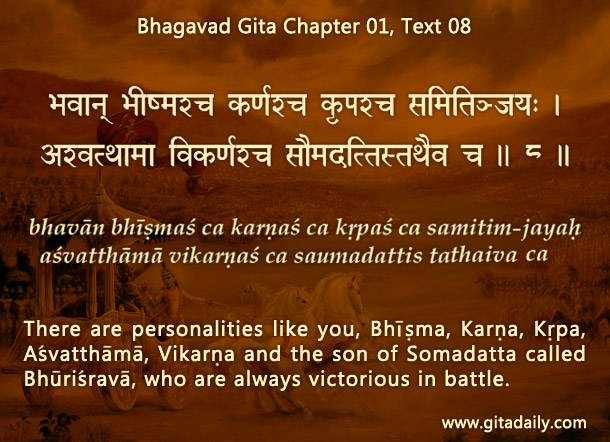

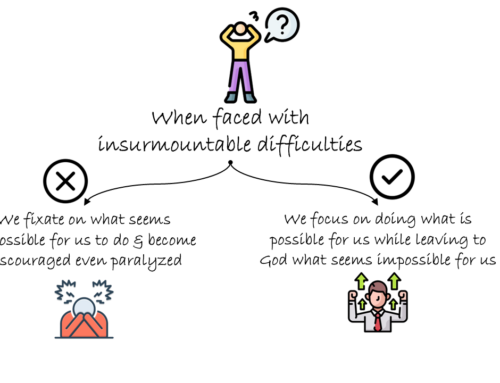

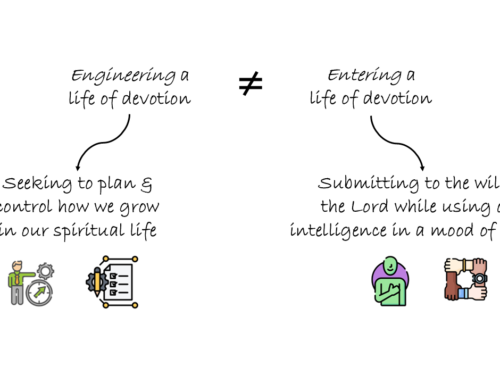

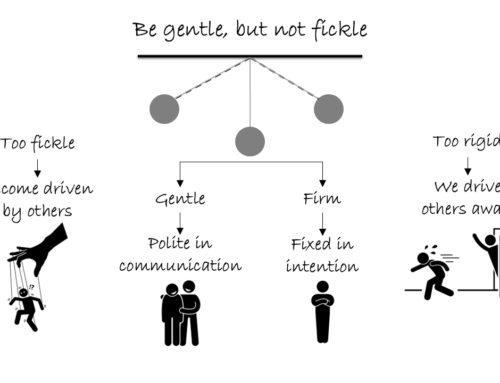
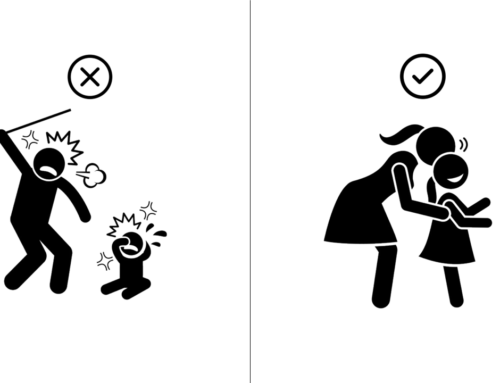
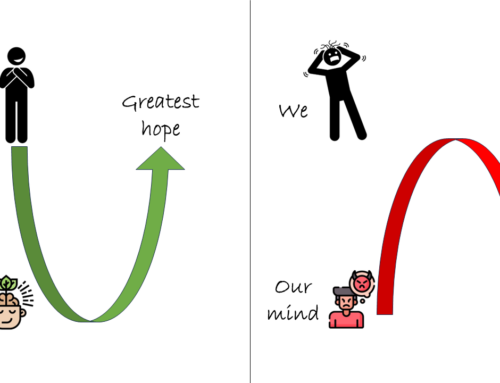

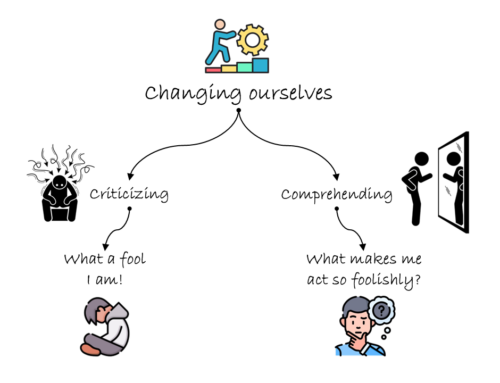
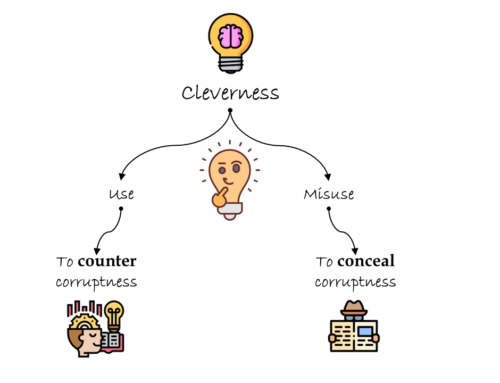

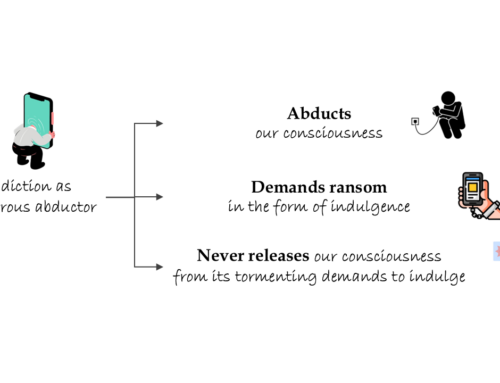
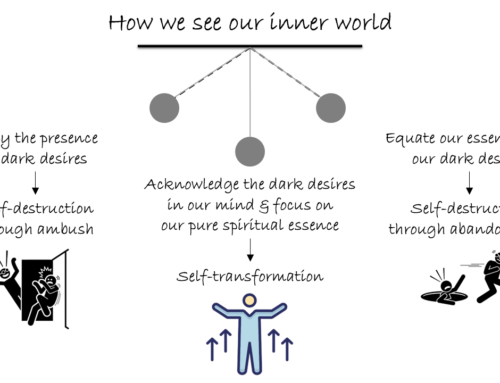
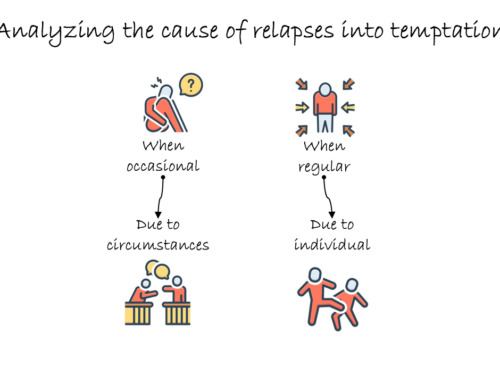
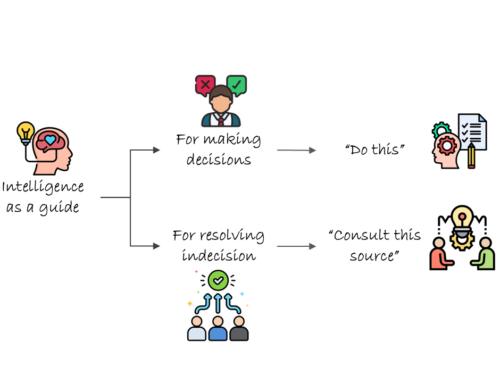
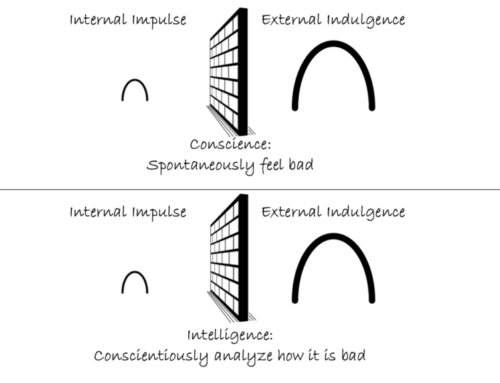
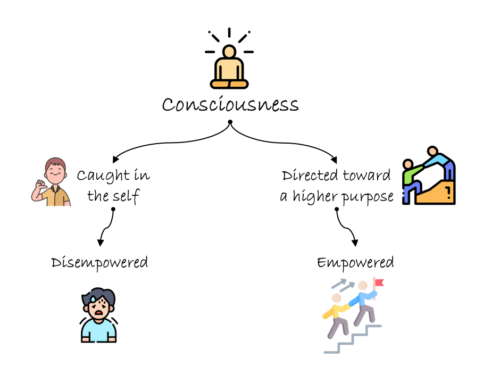
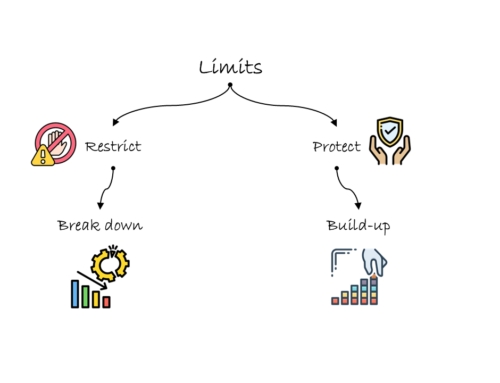

TONGUE speaks at the cost of HEAD
Good point
Hare Krishna,
Thank You, this is wonderfully written and there are many good points.
Ys,
Thanks.